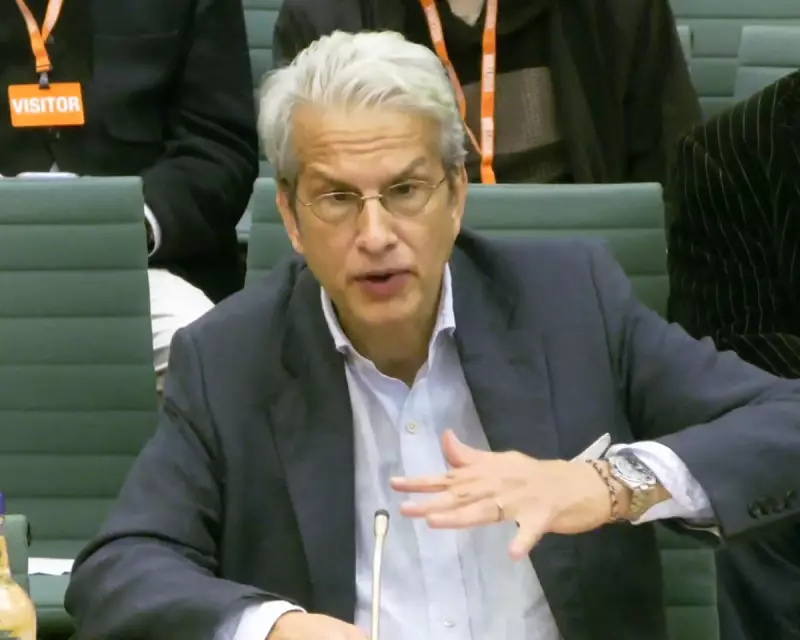
The BBC found itself in familiar territory on Monday afternoon - engaged in intense public self-examination as senior figures faced a parliamentary committee over a damaging leaked memorandum that triggered high-level resignations.
Parliamentary Scrutiny Over Leaked Document
Three key figures appeared before the Commons culture committee: Samir Shah, the BBC chair; Robbie Gibb, a member of the corporation's board; and Michael Prescott, a former independent adviser whose memo led to the departures of director general Tim Davie and head of news Deborah Turness.
Prescott, who served as political editor of the Sunday Times between 1997 and 2001, expressed bewilderment about how his 19-page document reached the Daily Telegraph. The former adviser claimed he had no idea how the memo was leaked to the newspaper, describing himself as completely surprised by its publication.
The Contentious Memo and Its Aftermath
According to Prescott's testimony, the memorandum wasn't intended to cause upheaval but rather to identify what he called "incipient problems" within the BBC. He characterised these as minor criticisms that had potential to develop into more significant issues, insisting they were barely detectable to the naked eye.
Prescott maintained he simply wanted to help the BBC become the best version of itself, claiming his motivation came from deep affection for the corporation. He said he expected his concerns to be handled discreetly behind closed doors rather than becoming public through a newspaper leak.
The former adviser expressed particular confusion about why the Telegraph focused on culture war topics like Trump, Gaza and gender in their coverage. He suggested he would have preferred emphasis on what he considered more substantive issues, such as a story about ethnic minorities paying higher insurance premiums.
Defensive Postures and Political Undertones
Robbie Gibb, knighted for his work as Theresa May's communications director, proved adept at deflection during the session. Sir Robbie denied any responsibility for the leak and expressed sadness that some BBC staff couldn't leave their "leftwing politics" at the door when working for the broadcaster.
Gibb insisted there had been no boardroom takeover of the BBC by right-wing figures, while simultaneously suggesting that only people with right-leaning perspectives could be trusted to run the corporation effectively.
Meanwhile, Samir Shah presented what observers described as "a picture of misery," repeatedly apologising and chastising himself during the hearing. The BBC chair appeared to be navigating the challenging expectation of achieving what Prescott called "100% purity" in the corporation's output.
As the session concluded, questions remained about whether the right people had lost their jobs in the aftermath of the leaked memo, leaving the BBC to continue its characteristic cycle of public self-examination and internal reflection.





